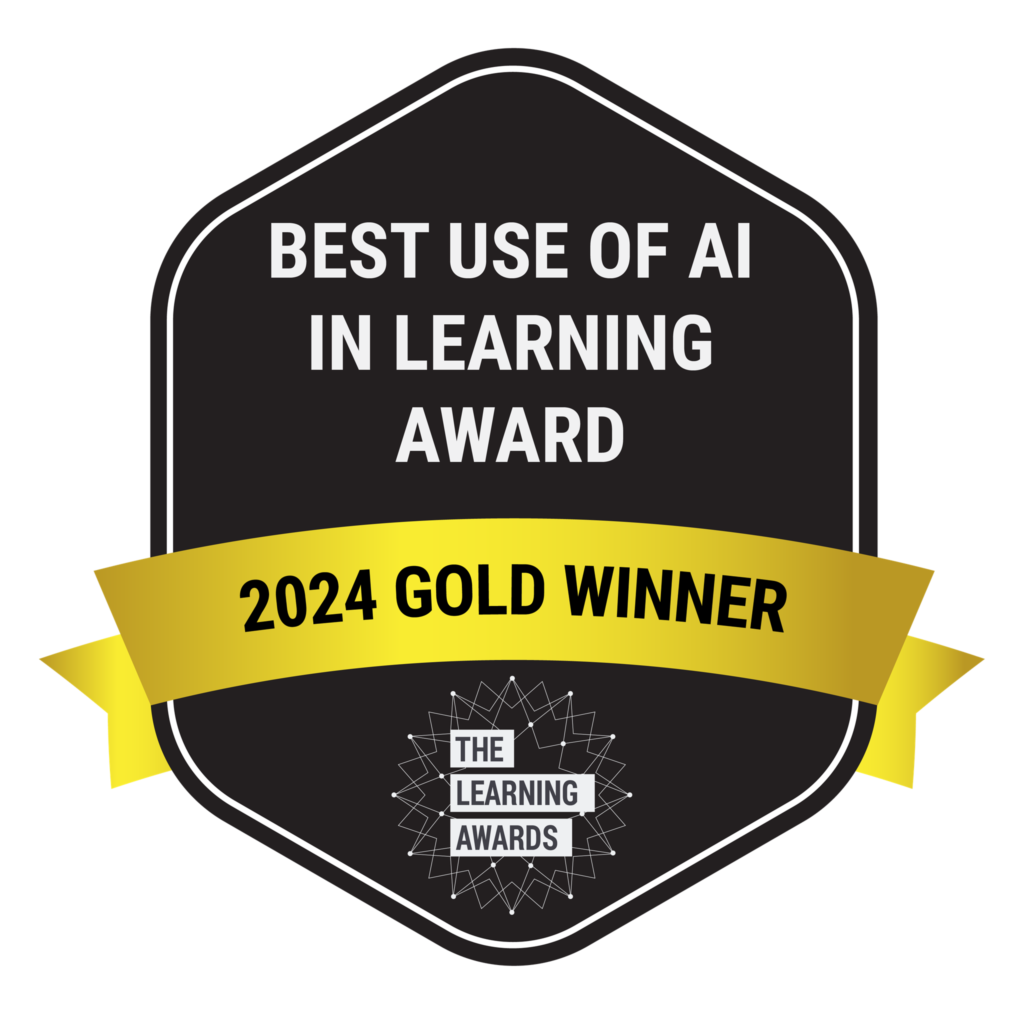In the accounting world, being chartered is not just a title; it’s a significant professional milestone, one that is often the difference between being able to practise or not.
For businesses seeking qualified accountants and individuals undertaking certifications, the process requires a major investment of time and money. Training programmes can often span months, requiring candidates to juggle their regular work alongside tedious curricula. This method of instruction, having been the standard practice for generations of aspiring chartered accountants, has proven its value over time. However, is it still fit for purpose?
There’s a growing realisation that these existing systems need more than a facelift to bring accountancy training into the 21st Century. The modern career landscape evolves at a pace, demanding financial professionals who can keep up with latest innovations and trends. Yet, certification programmes continue operating at the same legacy speeds, leaving those with newly acquired credentials already behind the curve as they enter the workforce. Add in the heavy time and monetary burdens and it becomes clear that old training models are in desperate need of a reboot.
Simply tweaking around the edges will no longer suffice – these outdated systems require a complete transformation to meet the needs of the modern accounting world. The time has come for training providers to re-envision certification from the ground up.
Investment in learning and development
For training providers, the responsibility of shaping future accountants transcends textbooks and classrooms. It requires forging well-rounded professionals and instilling skill sets to ensure that every minute and pound invested in learning is optimised for success.
Unfortunately, conventional training often falls short in meeting individual needs and market demands. While still common, the traditional lecture-based approach may result in learner disengagement and inefficiency, especially for those who might already be familiar with the content. Additionally, the failure to integrate modern financial technology tools into training can leave students inadequately prepared for the contemporary job market.
These inefficiencies waste valuable time and money. Institutions like the Association of Chartered Certified Accountants (ACCA) recognise this, adapting their certification pathways to offer more flexible, tailored learning through computer-based exams and diverse learning resources.
Training providers must evolve to become more than mere educators; they need to have the foresight and strategy to guide the path of a modern accountant.
The future of accounting education lies in a synergy between traditional knowledge and contemporary industry needs. By embracing change and innovation, training providers can create programs that are not only in sync with the times but also efficient and highly rewarding for the learners, optimising the significant investments of time and money involved.
Aligning with market needs through adaptive learning
To meet accountants’ professional requirements, training must become faster, more personalised, and attuned to market demands. Adaptive learning promises all the above.
Powered by AI and data tracking, adaptive learning customises training based on each student’s strengths and weaknesses. It monitors progress to refine lessons and emphasise topics needing reinforcement. For accountancy certification, its potential is immense.
The promise lies in dramatically shortened timelines compared to conventional modalities. While traditional programs take a rigid one-size-fits-all approach, adaptive learning accommodates diverse paces and styles, recognising learners’ individuality. By focusing on weaker areas and accelerating past proficient sections, it enables efficient, personalised learning paths.
Moreover, adaptive learning enables new possibilities in assessment and improvement. With real-time tracking, providers gain insights into performance, identifying trends and adjusting content accordingly. This creates a feedback loop where education evolves with the learner, meeting them where they are and tailoring their growth.
Finally, by aligning with industry needs, adaptive learning offers tangible time and cost savings, for both learner and training provider. Accelerated certification means quicker entry into the professional field, maximising earning potential and career growth.
OBRIZUM is the AI learning technology & data analytics company for enterprise businesses.
We leverage automation, adaptability and analytics to deliver adaptive learning experiences at scale.
Find out how OBRIZUM can help unlock the potential of your business by speaking to our team.




